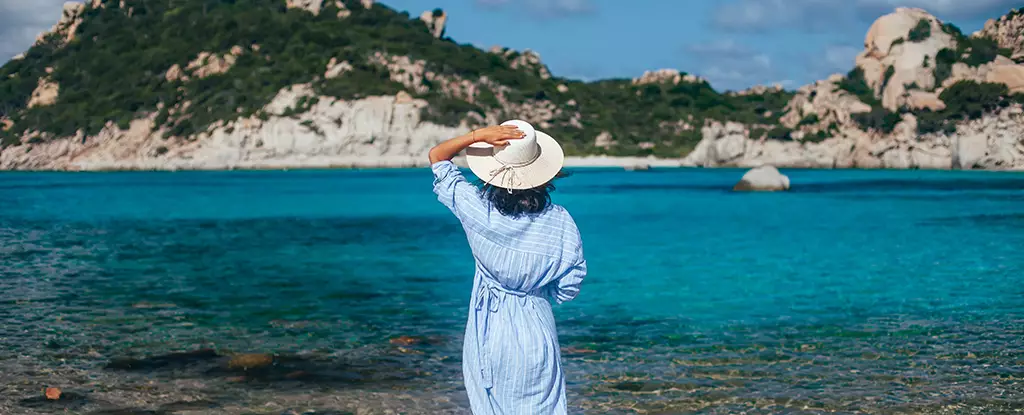Ageing is an inevitable part of life, and the desire for longevity has captivated humanity for centuries. We are fascinated by the idea of eternal youth, which has given rise to a multi-billion pound industry offering anti-ageing products, supplements, and diets. However, while the average life expectancy in the UK has increased significantly from around 46 years at the turn of the 20th century to approximately 82 years today, this prolonged lifespan has come at a price. The prevalence of chronic and degenerative diseases, with heart disease at the forefront, has risen alarmingly. Instead of solely focusing on living longer, perhaps our attention should shift towards improving our “healthy life expectancy” and finding ways to stay healthier for longer.
In our pursuit of the secret to longevity, researchers have identified certain regions around the world where a higher proportion of individuals live to be over 100 years old and enjoy remarkable physical and mental health. One well-known study called the AKEA study identified a “blue zone” in Sardinia, Italy, where a high number of centenarians resided in the central-eastern mountainous areas compared to the wider Sardinian community. This initial discovery has expanded to include other regions such as Ikaria, Greece; Okinawa, Japan; Nicoya, Costa Rica; and Loma Linda, California, which are now recognized as blue zones.
While these blue zones differ geographically, the inhabitants share certain commonalities that contribute to their longevity. Their lifestyles revolve around community involvement, having a sense of purpose, consuming nutritious foods, managing stress levels, and engaging in purposeful physical activities. Additionally, their longevity may be attributed to factors such as their rural environment, which is less polluted, and specific longevity genes. However, studies suggest that genetics only account for approximately 20-25 percent of longevity, indicating that lifestyle factors play a significant role in determining a long and healthy life.
Although each blue zone has its unique dietary approach, plant foods form a consistent part of their diets. These include locally-grown vegetables, fruits, and legumes. For example, the Seventh-day Adventists of Loma Linda predominantly follow a vegetarian diet. In Okinawa, centenarians benefit from consuming flavonoids found in purple sweet potatoes, soy, and vegetables, which promote cardiovascular health and reduce the risk of stroke and heart disease. In Nicoya, the consumption of locally produced rice and beans has been associated with longer telomere length, a potential biomarker of ageing.
Contrary to popular belief, a plant-based diet is not the sole secret to longevity. In Sardinia, for instance, moderate consumption of meat and fish, along with locally grown vegetables and traditional foods like acorn breads, sourdough flatbread (pane carasau), honey, and soft cheeses, plays a role in their exceptional longevity. Other common features of blue zone diets include the use of olive oil, moderate wine consumption (around 1-2 glasses a day), and tea, all of which contain powerful antioxidants that aid in protecting cells from damage as we age.
A striking observation in blue zones is the emphasis on freshly prepared meals at home. These traditional diets typically exclude ultra-processed foods, fast food, and sugary drinks, which can accelerate the ageing process. Additionally, centenarians often practice caloric reduction by eating until they are 80 percent full. This approach not only supports healthy ageing but also helps cells combat damage over time, potentially leading to an extended lifespan.
The factors contributing to the exceptional longevity observed in blue zones extend beyond diet. Centenarians in these regions exemplify a holistic approach to life, with lifestyle choices that minimize stress, promote social connection, and maintain physical activity. The combination of plant-based, whole foods diets and these lifestyle factors is associated with a lower risk of chronic diseases such as heart disease and cancer, while also supporting a diverse gut microbiome, which is linked to healthy ageing.
While diet is just one piece of the puzzle in the quest for longevity, it is an area that we have the power to control. By adopting a diet rich in plant-based, natural whole foods, we can enhance not only the quality of our health but also the quality of how we age. Blue zones teach us that making conscious choices, embracing a sense of community, and fueling our bodies with nutritious foods can contribute to a longer, healthier life. As we continue to unravel the secrets of longevity, let us remember that the path to a fulfilling and vibrant future lies in the choices we make today.


Leave a Reply